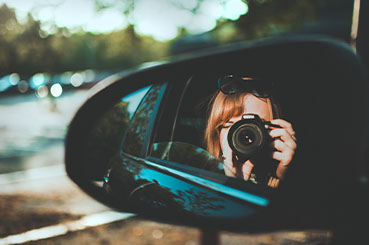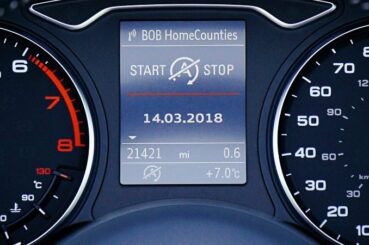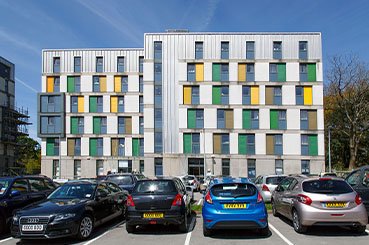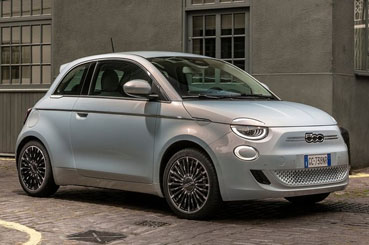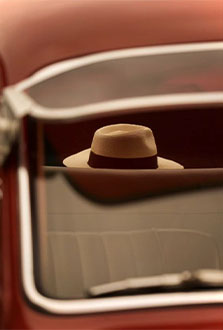
Do you have a stunning car that deserves to be showcased like a work of art? Professional car photography doesn’t have to be reserved for experts with expensive gear. With the right techniques and a little creativity, you can capture your car’s essence and personality in breathtaking shots.
We ran an Instagram competition to see how our followers do their own car photography. Winner @Towle92 and a few of our other runners-up have offered their own advice, so follow these steps for shooting professional car photography that you can do yourself.
1. Plan Your Shoot:
Before you start snapping away, take a moment to plan your shoot. Choose the location, time of day, and weather conditions that best complement your car’s style and colour.
Scenic spots with interesting backgrounds like urban skylines, winding roads, or nature settings can add depth to your photos.
2. Gather Equipment:
You don’t need a professional camera to get fantastic shots, but a DSLR or mirrorless camera with manual settings will give you more control.
Make sure to clean your camera’s lens to avoid any unwanted smudges. A tripod is essential for steady shots, especially in low-light conditions.
3. Detail Your Car:
Give your car a thorough wash and wax to make it shine. Pay attention to the wheels, tyres, and interior as well. Clean windows and mirrors will prevent unwanted reflections and smudges in your shots.
4. Lighting is Key:
Natural light is your best friend. Shoot during the golden hours—early morning or late afternoon—when the sunlight is soft and warm.
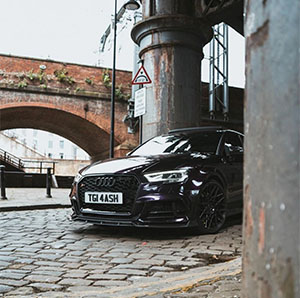
Harsh midday sun can create unflattering shadows. Overcast days can also be ideal as they provide even lighting without harsh shadows.
5. Choose the Right Angles:
Experiment with various angles to capture your car’s most flattering features. Classic shots include a front three-quarter view, side profile, and rear three-quarter view.
Capture close-ups of unique details like the logo, headlights, and exhaust pipes, as expressed by @shotby333. “It’s all about getting the angles people wouldn’t usually look for when looking at a car. Shooting head-on / full side is great and I won’t knock it, but people see the car like that every day. You need to capture them with unique angles, such as low down, on an obscure angle. This way, the light reflects it in the best way. Also, using an ND filter on a camera is a plus, blocks out unwanted reflections!”
6. Compose Thoughtfully:
Adhere to the rule of thirds to create balanced and visually appealing compositions. Place your car off-centre in the frame and align key elements along the intersecting lines.
Trial with framing techniques, like shooting through natural elements like trees or architectural elements. For @Sallyannjohnston, “getting down low and shooting upwards and across provides a great angle”. Plus if you mix in the iPhone camera tip from @F6.nlh to turn the contrast down and saturation up, you could easily improve your car photography in an instance.
7. Use Reflections Creatively:
Use reflections to your advantage. Puddles, glass surfaces, and polished car bodies can add depth and uniqueness to your shots.
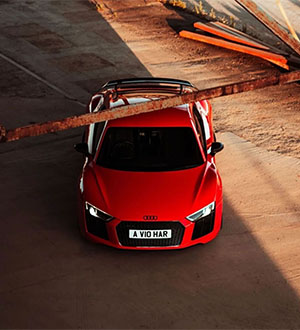
Experiment with different angles to capture interesting reflections that enhance the overall composition.
8. Experiment to Find the Best Camera Settings for Car Photography:
When delving into the world of car photography, the quest for the perfect shot involves a delicate balance of camera settings, lighting mastery, and lens selection. Experimentation is key, particularly in deciphering the optimal camera settings that do justice to your vehicle’s allure.
- The shutter speed demands careful consideration: a fast shutter freezes motion and is perfect for capturing a car in motion, while a slower shutter can create an artistic sense of speed through motion blur.
- Lighting plays a pivotal role, as the golden hours of sunrise and sunset render soft, warm light that accentuates the car’s contours. @_ro.Visuals, from our Instagram competition, suggest it’s crucial to have the right setting with this lighting tip – “Ensure you have the right light for the photographs. Never shoot in bright summer sunlight, unless you want to have a bad time in post-processing.”
- A wide aperture (low f-stop) can produce that dreamy background blur, keeping the car in focus and the backdrop gracefully blurred.
- Selecting the best lens is equally crucial; a wide-angle lens can emphasise the car’s presence in its environment, while a telephoto lens enables detailed close-ups.
- Lastly, shooting at the car’s eye level establishes a dynamic perspective, enhancing its lines and features while instilling a sense of connection between the viewer and the vehicle.
Through experimentation and mastery of these elements, you’ll unravel the secrets of creating captivating car photographs.
9. Post-Processing Magic:
Editing software like Adobe Lightroom or Photoshop can elevate your photos to the next level. Adjust exposure, contrast, saturation, and sharpness to fine-tune your images.
Be careful not to overdo it – a little enhancement goes a long way.
10. Tell a Story:
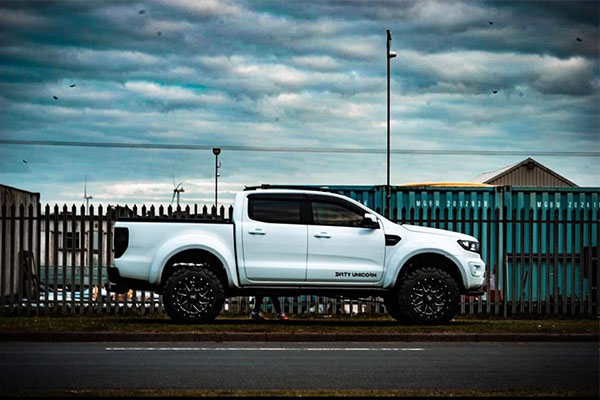
Capture your car in different settings and scenarios to tell a story.
This is a key part of how to shoot cars for competition entry, @Kezadamsz. “I love looking at all the details on the cars. The paintwork, the interiors. The people who enjoy their vehicles. Cars are memory makers. It’s not all about the bigger picture for the cars. It’s more about storytelling.”
So, whether it’s cruising down a scenic road, parked in an urban setting, or even showing off its off-road capabilities, each image should contribute to the narrative of your car’s journey.
11. Patience Pays Off:
Quality car photography takes time. Be patient and willing to reshoot if conditions aren’t ideal. Sometimes waiting for the perfect moment, as one of our competition runners-up @helendolan73 revealed, can result in stunning shots that make the effort worthwhile.
Winner of our competition, @Towle92 agrees, as they stated “Be patient and wait for the shot. If you rush it won’t be anywhere near as good.” All good things come to those who wait!
12. Share and Celebrate:
Once you’ve captured the perfect shots, share them with pride! Post them on social media, automotive forums, or even consider creating a dedicated website or portfolio to showcase your car photography skills.
Remember, practice makes perfect. Don’t be discouraged if your first attempts don’t turn out as expected.
Over time, you’ll develop an eye for composition, lighting, and angles that truly capture the essence of your beloved car. With these tips in mind, you’re well on your way to creating your own professional-quality car photography that will impress everyone who sees it.
All images have been agreed by competitors to be featured in this blog.
